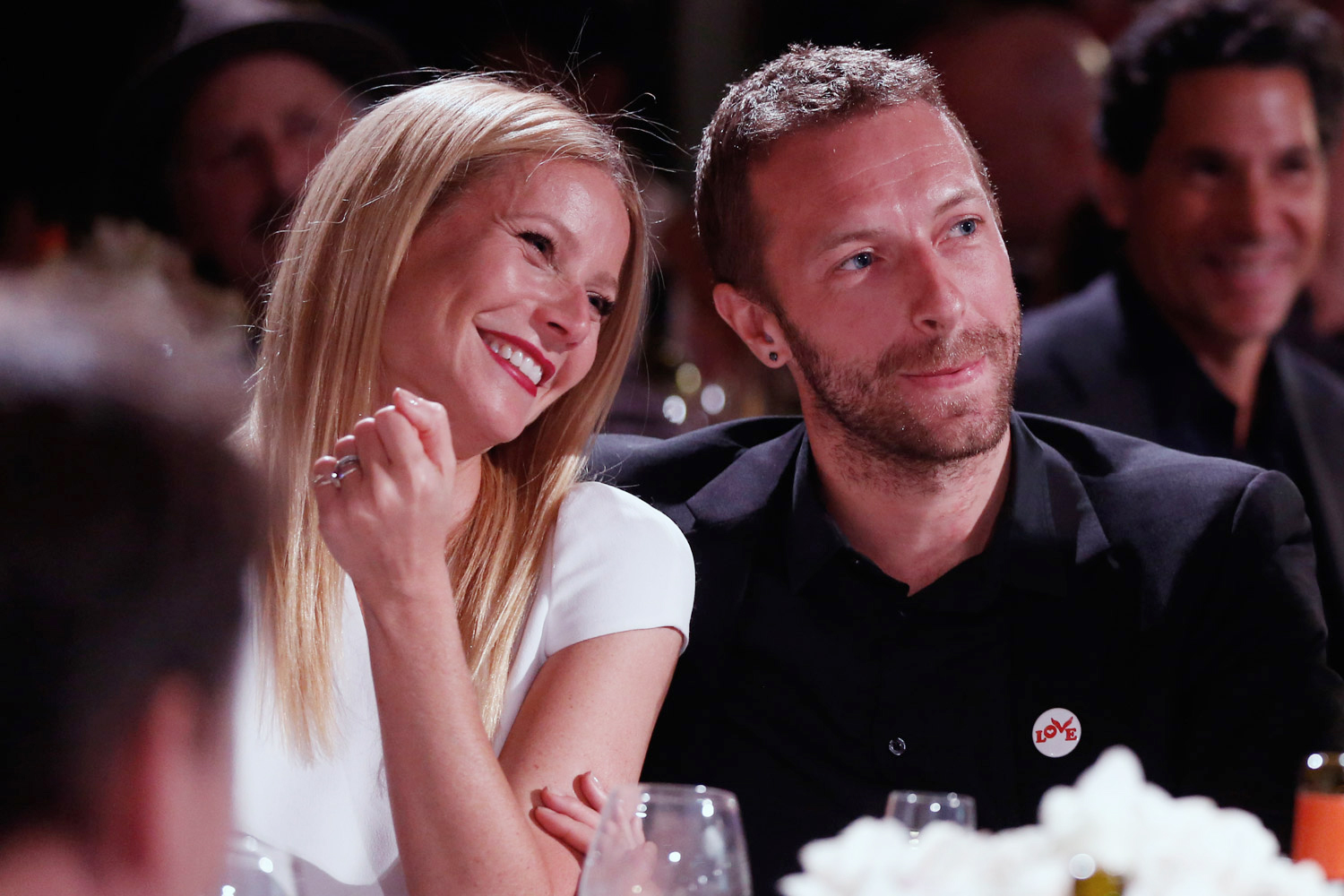
The concept of “conscious living” is a popular one—synonymous with “mindfulness,” we like to apply it to eating, building, working, whatever we are doing. Time even put it on the cover a few months ago. Gwyneth Paltrow and Chris Martin brought the revolution to more tabloid headlines when they announced their “conscious uncoupling.” More recent reports, however, note that the uncoupled pair has been publicly love-birding, so it’s natural to wonder if a “recoupling” is in the offing.
“Coupling” brings me back to the railroad yards of my youth, where my father, a train–parts salesman, would explain how the cars come apart and together using something called a coupler. With only a modicum of bashing and bravado, the trains would line up and be on their way. And with that in mind, “uncoupling” seems a much better word to use for the end of a relationship than the fraught, shameful “divorce.” I know, because in the last seven years, I have uncoupled, recoupled, and uncoupled for good from the person I coupled with in 1988. The Great Northern railroad runs through my small Montana town and I went to the train yard a lot in the last seven years.
Back in 2008, I was met with the words, “I don’t love you anymore. I’m not sure I ever did.” And an encore in 2011: “It’s not that I don’t love you. It’s that I’m not in love with you anymore.” The first time, I believed that the relationship was salvageable. The second time, I knew the marriage had to end. My reaction both times: to choose not to suffer by focusing on what I could own and what I could control, and letting go of the rest. Sounds hard. It was. But I did it as consciously as possible and I am better for having lived that way, even though the marriage is over. My strategy was never about staying together.
I wrote my way through both crises, in an essay for the New York Times and in my memoir, This is Not the Story You Think It Is: A Season of Unlikely Happiness. Consequently, I heard from people all over the globe and I can tell you: they want to know that there is some freedom in not knowing what’s around the corner.
Because—usually—it’s not black and white. There’s so much at stake—families, children’s stability, loss of property, future dreams, self-identity, community orientation. They want to know that there is hope. That in the grey area they will they learn something profound about themselves, and even find themselves back in the relationship—only with new perspective and heightened respect. They want to believe in that poster we had on our college dorm-room wall: “If you love something set it free. If it returns, it’s yours. If it doesn’t, it never was.”
When I was consciously uncoupling for the first time I was new at employing this practice of non-suffering. I had small kids, which meant that I couldn’t journey for great lengths of time to the Kripalu-Omega-Esalan institutes of the world, or to the top of Everest, or to an ashram. I had to practice mindfulness right there at my kitchen sink. And it worked.
Gwyneth and Chris and I are living proof that we can step outside the story that society spins during times of relationship re-invention—we don’t have to fight and throw plates to be powerful. In the first uncoupling, and even in our mediation sessions, there were times when I reached out and held my was-band’s hand (I can barely use the word “ex”) because we were used to navigating troubled times together. Uncoupling, and recoupling, and uncoupling, if you do that again, doesn’t need to be like the movies or TV dramas, or the war stories you hear from friends. You can find grace in the grey.
In those years of vacillation, I learned to live in the moment, responsible for my own happiness. Perhaps in so-doing, we found our way back to each other for a time. And why our mediator congratulated us in our last session, with the ink still drying on the divorce decree. “Good job, you guys. When you’re ready, I think you two would be excellent candidates for a divorce ceremony. They really help people deliberately and intentionally close this chapter of their lives.”
We’re not ready for that yet. There’s still a lot of grief. But for now we are able to co-parent and communicate with respect, and the kids are thriving. Did we all suffer less because of our conscious variations on coupling? I’d like to think so.
Laura Munson is the best-selling author of This Is Not The Story You Think It Is: A Season of Unlikely Happiness, and founder of Haven Retreats.
More Must-Reads From TIME
- The 100 Most Influential People of 2024
- The Revolution of Yulia Navalnaya
- 6 Compliments That Land Every Time
- What's the Deal With the Bitcoin Halving?
- If You're Dating Right Now , You're Brave: Column
- The AI That Could Heal a Divided Internet
- Fallout Is a Brilliant Model for the Future of Video Game Adaptations
- Want Weekly Recs on What to Watch, Read, and More? Sign Up for Worth Your Time
Contact us at letters@time.com